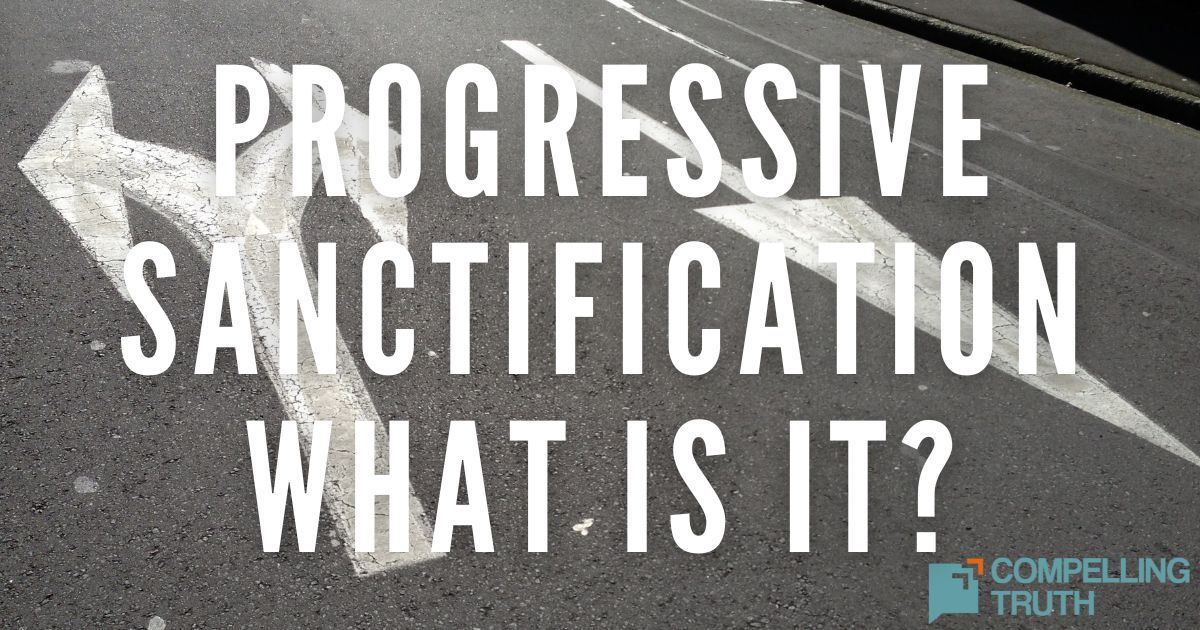The backdrop of Psalm 51 is David’s adulterous relationship with Bathsheba and his subsequent arrangement to murder her husband (2 Samuel 11:1–21). When God sent Nathan the prophet to confront David about his sin, David expressed repentance (2 Samuel 12:13). Psalm 51 is an additional expression of David’s remorse. He acknowledges his sin (Psalm 51:3, 14) and recognizes that he has ultimately sinned against God (Psalm 51:4). David’s plea for a “clean heart” shows his recognition that God does not desire sacrifice or simply outward motions that appear to be good, but rather a change of heart. David knew that his heart was unclean. From lust to coveting to murder and deception, David realized that his heart was the source of these evil actions. He could not blame his actions on Bathsheba's beauty or Uriah's uncooperativeness. Instead, David realized that he could not purify his own heart and renew his sinful spirit. We, too, must call upon the Lord and realize that we need Him to create clean hearts in us.
Only God can cleanse our hearts and make our spirits right (Romans 3:23; 5:6–11; 6:23). Therapy, self-help books, the latest drug—none of it can truly change us in the way that God will when we accept Christ. Though David lived prior to Christ’s incarnation, he recognized the sinfulness of his own heart and knew that only God could purify it. He also knew that such cleansing was necessary for him to reconcile his relationship with God. Today, through God’s gift of grace through faith in Christ, we are reconciled to Him (Ephesians 2:1–10; 2 Corinthians 5:21). We also rely on the Lord’s cleansing to overcome our sin. We don’t depend on ourselves or others for renewal. For example, Christians who previously struggled with addiction know they can lean on Christ to continue overcoming it and living in His freedom. The Lord’s cleansing of our heart also helps us in relationships with others. We forgive even those whom we thought we never would or could because God has forgiven us—just as He did David. We can’t be saved from our sin unless we acknowledge we need a Savior. David recognized this. He knew that he couldn’t cleanse his own heart, but that God could. We, too, can follow David’s example by humbly seeking God’s forgiveness and trusting in His power to renew us completely. When we do, we can experience the transformative freedom of His grace, leading us to live fully in His love and extending that grace to others.




